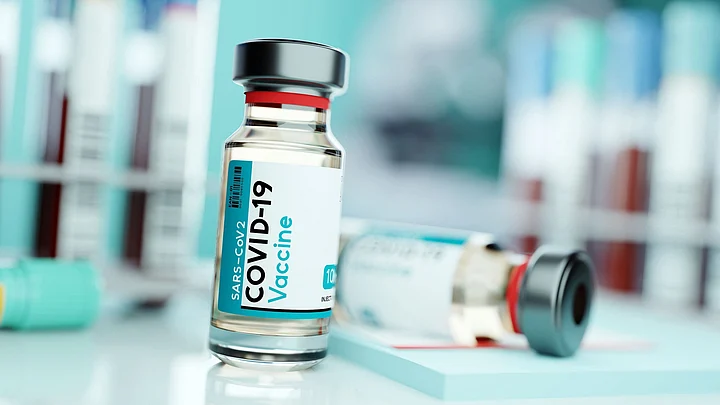With reduced COVID-19 infections in the state, Tamil Nadu is once again showing higher levels of vaccine hesitancy. So far, the state’s COVID-19 booster dose uptake has been less than promising.
The booster dose vaccination was inaugurated in Tamil Nadu on 10 January. Booster doses are to be offered nine months after the administration of the second dose.
As per the data collected by the Tamil Nadu health department, up until 26 April 2022, the target population for the booster dose was 20,87,270 in the state, out of which only 9,15,307 persons – 42.43% of the target population – have taken the shot.
What’s most alarming is that even the health workers and frontline workers in Tamil Nadu are showing greater complacency toward booster dose uptake, compared with the COVID-19 second dose, the bulk of which was administered during the second wave in 2021.
Among the health workers in Tamil Nadu, only 1,13,837 out of the eligible 5,65,218 have taken the booster dose as on April 26.
Among frontline workers, only 1,65,383 out of the target 9,78,023 have taken the third shot.
However, the biggest concern for the state at this stage is the 60+ age group, which is seeing dismal levels of booster dose uptake.
Dr J Radhakrishnan, Tamil Nadu’s Health Secretary, told The News Minute that the state has a total of 1,04,19,000 senior citizens, out of which only 5,49,662 persons have taken the shot.
This is 5.27% of the 60+ population – the category which is most at risk of developing COVID-19 complications.
The health department is now sketching targeted micro plans which includes SMS alerts via CoWin app, street level mobilisation and door-to-door vaccination, in the state.
“We are facing some challenges with the booster dose uptake in the state. Once we reached a 75% coverage for COVID-19 second dose in the state, we scaled down the mobilisation efforts and mega vaccine camps. Also the COVID-19 infection spread has been low for the past few months. This has led to complacency setting in among people, including health workers and frontline staff,” said Dr Radhakrishnan.
The state will also encourage corporates and other big organisations to take up the initiative of getting their staff vaccinated.
Vaccination Was Critical for Third Wave
Dr Radhakrishnan says that though the Omicron wave did not see much mortality, a big reason for this is that the state government heavily prioritised vaccinations.
“Vaccination efforts were going on in full swing in the state during the Omicron wave. It is because of the inoculation levels that the state was able to contain the effects of the third wave with much success. Similarly, a potential wave can only be managed by taking pre-emptive action by way of booster dose administration,” he added.
Mega Camps Resource Heavy, To Be Cut Down
The health department also plans to reduce the number of mega vaccination camps in Tamil Nadu as they are resource heavy. Instead, the new plans prioritise regular vaccination over special camps.
So far, over four crore vaccination doses – both first and second dose – have been administered through 27 mega vaccination camps in the state.
“Mega camps are done on a much larger scale and therefore require higher manpower and trained staff, corporation or other local body workers. The pull on resources is much higher,” the health secretary explained.
Instead, regular vaccination centers – about 3,000 across the state – will continue administering the booster doses and the healthcare workers will work towards mobiling the eligible population to visit these centers, instead of waiting for a mega camp.
(Published in arrangement with The News Minute)
